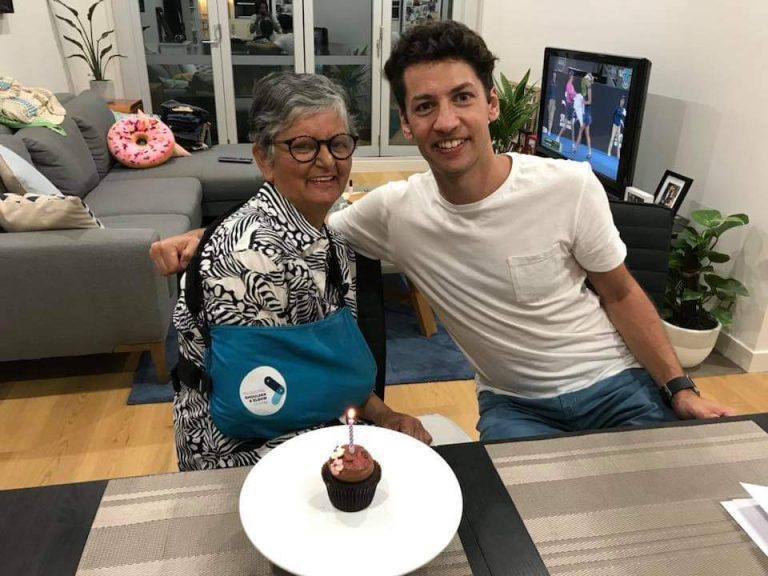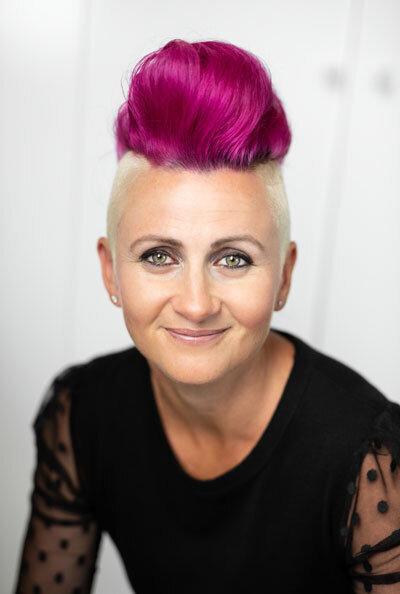Let’s face it. Parenting is a tough job, and it’s not uncommon to feel the need to unwind after a long day or week. According to a groundbreaking study conducted by La Trobe University researchers last year, young children’s exposure to their parents’ alcohol consumption plays a vital role in shaping their beliefs and attitudes towards alcohol.
The researchers state that while most individuals start drinking in their teenage years, they discovered that perception of adult drinking behaviour is formed when children are at a young age through observational learning. This learning is affected by the physical and social environments where the children live. They also noted that studying the impact of children’s early exposure to alcohol is crucial because it can influence their perceptions of drinking norms, which in turn may forecast heavy and problematic drinking behaviours for some of them as older teenagers.
Strategies for Positive Role Modeling as a Parent
Fortunately, there are things you can do to be a positive role model for your children when it comes to alcohol.
Many parents in the Hello Sunday Morning community have shared their concerns about their drinking habits impacting their ability to be present for their children’s milestones and special moments. Some have focused on resetting their drinking habits to counter the weekend hangovers that make family care more challenging.
Here are some tips to consider:
- Be aware of your own drinking behaviour and the example you are setting. Consider reducing your alcohol intake or abstaining from alcohol altogether if you feel like your behaviour may be sending the wrong message to your children.
- Talk openly and honestly with your children, ensuring it is age appropriate, about the risks associated with alcohol and the importance of making responsible choices. Encourage them to ask questions and express their concerns.
- Set clear boundaries around alcohol use in your home, such as no drinking under the legal age or no excessive drinking. Enforce these boundaries consistently and communicate the consequences clearly.
- Model healthy coping strategies for stress and difficult emotions that do not involve alcohol. Encourage and teach your children how to develop healthy outlets for stress, such as exercise, mindfulness, or spending time with friends and family.
Remember to take the pressure off yourself as a parent. We’re all doing our best and no one is perfect. The key thing is to be aware of the impact our own behaviours have on our children and the importance of modeling responsible drinking behaviour.
By having open and honest conversations with our children about alcohol use and modeling healthy coping strategies for stress and difficult emotions, we can help shape the next generation’s future behaviour in a positive and responsible way.
















